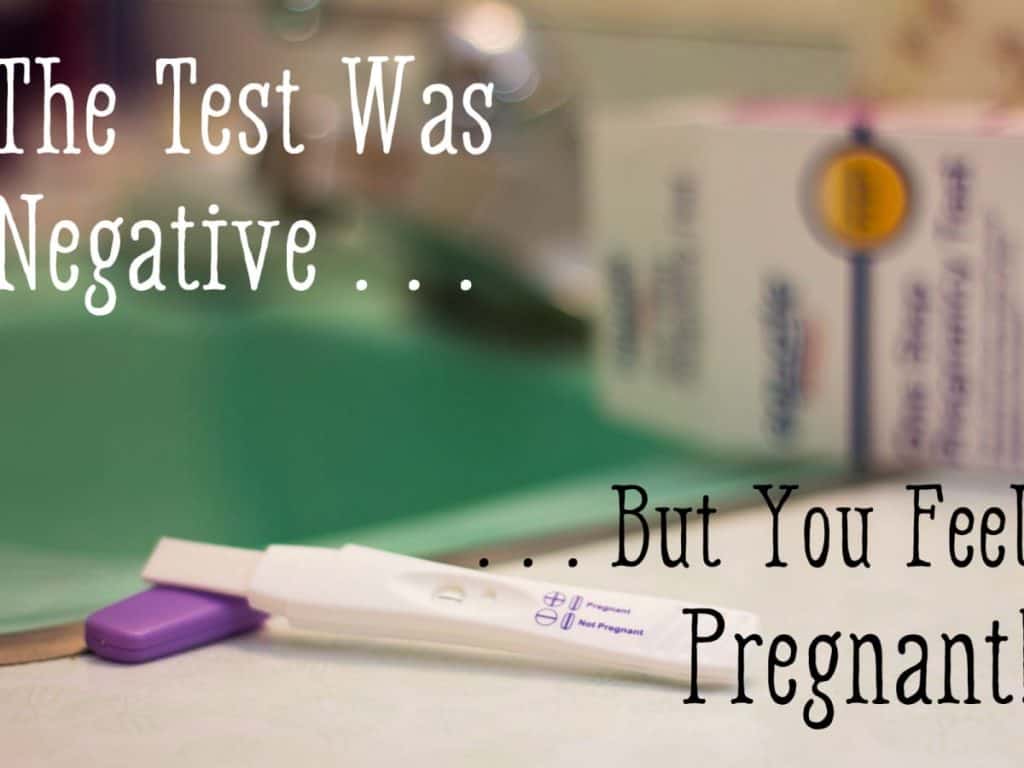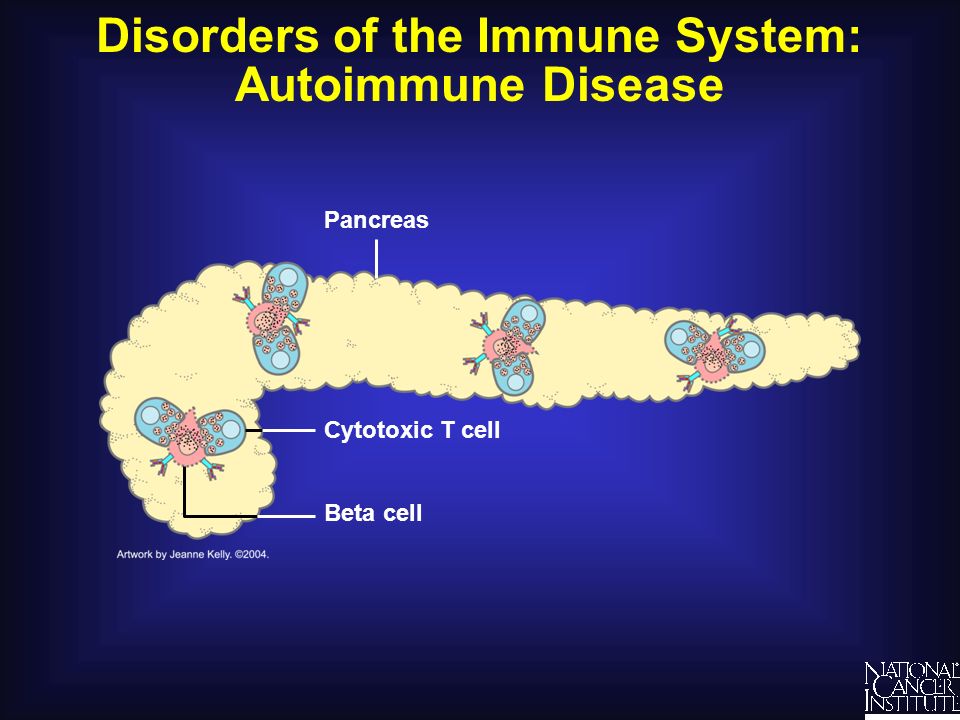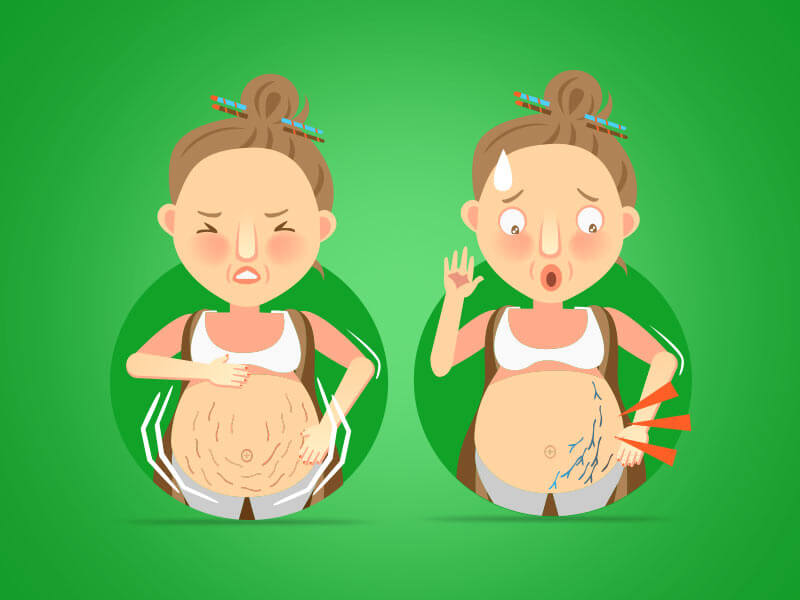Extreme thirst sign of pregnancy
Excessive Thirst During Pregnancy
Can’t seem to get enough to drink? Thirst is actually one of the earliest signs of pregnancy (so if you’ve been hoping for two pink lines, it may be time to test!) and one that may stick with you during the entire nine months. Why? Women experience heightened thirst in pregnancy because your body simply needs extra fluids as it supports baby’s development, so it’s important to stay hydrated. If you’re feeling like you’ve just stepped out of the desert all day every day, here’s what your body might be telling you.
In this article:
Is it normal to feel thirsty during pregnancy?
Causes of thirst in pregnancy
What to do for thirst in pregnancy
Is it Normal to Feel Thirsty During Pregnancy?
“It’s entirely normal to feel extra thirsty during pregnancy, even during the first trimester,” says Donald Grant, MD, ChB, DRCOG, MRCGP, a general physician in Bristol, UK, and the clinical lead at The Independent Pharmacy. “Around the time other early symptoms of pregnancy start to show, increased thirst often accompanies them.” And although many of the other first trimester pregnancy symptoms may ease up as time passes, thirst in pregnancy is likely to stick around and even increase as the weeks pass.
What’s not normal? Insatiable thirst that lasts all night and day and doesn’t go away even after drinking plenty of water. Extreme thirst in pregnancy could be a sign of other medical conditions. Keep reading to learn more.
Causes of Thirst in Pregnancy
We’ve all heard the phrase “eating for two,” but why does it suddenly seem like you’re drinking for two as well? The easiest and most common explanation is that you are! When you’re pregnant, Grant says, your body needs more fluids than usual to support baby’s blood circulation, maintain a healthy level of amniotic fluid and keep up with your own higher blood volume. Another possible reason for your thirst in pregnancy? You may be feeling hotter and sweating more these days—both common side effects of growing a tiny human, but which can increase your need for fluid intake.
Causes of Excessive Thirst in Pregnancy
If you’re experiencing excessive thirst in pregnancy, it could potentially be due to a more severe condition, such as:
• Gestational diabetes. In rare cases, extreme thirst in pregnancy could be a sign of gestational diabetes, says Kecia Gaither, MD, an OB-GYN and maternal fetal medicine specialist and director of perinatal services for NYC Health+Hospitals/Lincoln. But in most cases, gestational diabetes doesn’t cause any symptoms at all—that’s why every pregnant woman gets tested for it.
• HELLP Syndrome. HELLP Syndrome is a rare condition that occurs when a pregnant woman’s liver enzymes become out of whack, and calls for close monitoring until baby is delivered. Aside from excessive thirst, other symptoms can include fatigue, nausea and vomiting, and pain in the upper right part of your abdomen.
If you experience any of these symptoms, call your doctor, who can help get to the bottom of what’s causing them and guide you on proper treatment.
What to Do for Thirst in Pregnancy
The best thing to do if you’re feeling thirsty during pregnancy? Why, drink up, of course! As a rule of thumb, drink until your thirst has been quenched, says Grant, and avoid the temptation to cut back on water in order to cull those never-ending trips to the bathroom, he adds. “Instead, try sucking on ice throughout the day to increase your fluid intake naturally. Eat fewer salty foods, and instead consume juicy fruits and vegetables with high water content to help keep you hydrated.”
It’s critical that you stay hydrated during pregnancy. In fact, pregnant women are encouraged to drink 8 to 10 glasses of water a day, Gaither says. If you don’t drink enough fluids, you run the risk of becoming dehydrated, which can lead to complications such as low amniotic fluid, insufficient breast milk production and even premature labor, says Grant. “These, in turn, can lead to severe birth defects for baby, including brain damage or spina bifida,” he adds.
According to Gaither, signs of dehydration include:
- Dark, strong-smelling urine
- Constipation
- Dizziness
- Uterine contractions
- Fainting
To stay on track, keep a bottle of water close by—your purse, your car and your work desk are great places to stash water—and if needed, set an hourly reminder to get those ounces in! If you’re pregnant during the summer months, it’s even more important to keep water nearby at all times. If you’re struggling to drink the recommended amount of water during pregnancy, consider investing in a water bottle that measures how much water you’re drinking.
Updated February 2020
Expert bios:
Donald Grant, MD, ChB, DRCOG, MRCGP, is a general physician in Bristol, UK, with more than 30 years of experience. He serves as the clinical lead at The Independent Pharmacy, an online pharmacy service in Great Britain that advises on common medical conditions.
Kecia Gaither, MD, MPH, FACOG, is a double board-certified OB-GYN and maternal fetal medicine specialist in New York City with more than 20 years of experience. She serves as the director of perinatal services for NYC Health+Hospitals/Lincoln.
Please note: The Bump and the materials and information it contains are not intended to, and do not constitute, medical or other health advice or diagnosis and should not be used as such. You should always consult with a qualified physician or health professional about your specific circumstances.
Plus, more from The Bump:
How to Stay Hydrated During Pregnancy
Healthy Alternatives to Water
The Real Deal with Consuming Caffeine During Pregnancy
Very Thirsty in Early Pregnancy: Is It Normal?
Is a White Tongue a Sign of Dehydration?Reading Very Thirsty in Early Pregnancy 9 minutes
Next Why Am I So Thirsty?Tags
- Hydration
In this article:
- Is It Normal To Feel Thirsty in Early Pregnancy?
- What Causes Thirst During Pregnancy?
- Is Thirst the Same as Dehydration?
- How Can I Get Rid of Thirst in Early Pregnancy?
- The Benefits of Being Hydrated During Your Pregnancy
If you’re in your early pregnancy, you might have heard that you’re now eating for two.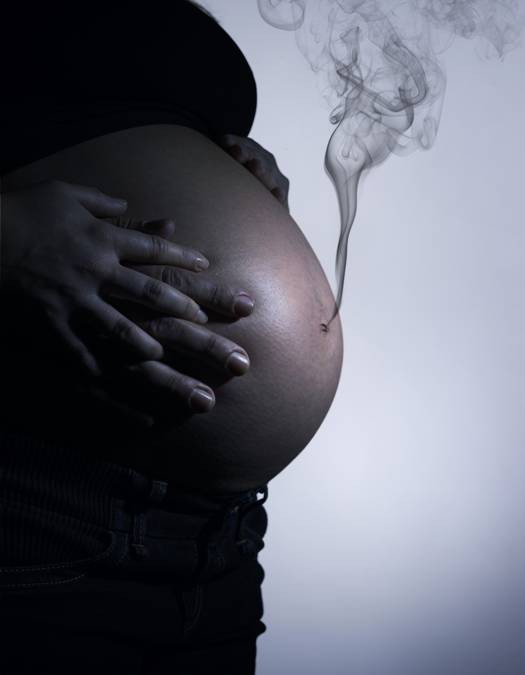 But did you know that you’re now drinking for two, as well?
But did you know that you’re now drinking for two, as well?
Because your fluid intake requirements have gone up, it’s normal to feel thirsty in your early pregnancy. But if your thirst is excessive and persistent, then it’s a good idea to take a closer look at what’s happening.
Read on to discover when it’s normal to feel thirst in early pregnancy, what causes you to feel thirsty, and the best ways to cure your thirst during your pregnancy.
Is It Normal To Feel Thirsty in Early Pregnancy? Hydrating Electrolyte Mix★★★★★ 1000+ reviews | During pregnancy, your body is literally growing another human being. For this reason, you need a lot of extra energy—which mainly comes from what you eat and drink (in addition to lots of extra naps!). For this reason, it’s completely normal to feel thirsty in your early pregnancy—especially if you haven’t upped your intake of food and water, in addition to essential vitamins and minerals. However, you might feel excessive thirst that doesn’t seem to go away regardless of how much you eat and drink. While a dry mouth on its own is usually not something to worry about, you might be experiencing thirst that’s slightly excessive. This is especially the case if you have a constant desire to drink water—even in the middle of the night. If that’s the case, it’s a good idea to check in with your doctor to make sure that everything is in balance. However, most cases of thirst in early pregnancy should go away by upping how much you eat and drink. Keep reading to find out what makes you feel so thirsty during pregnancy. |
There are many reasons you may be feeling more thirsty than usual in your pregnancy. In addition to simply needing more fluids to, you know, create another human being, there may be several factors at play. These can include:
- Increased Pressure on Your Bladder: As you progress in your pregnancy, you may feel increased pressure on your bladder.
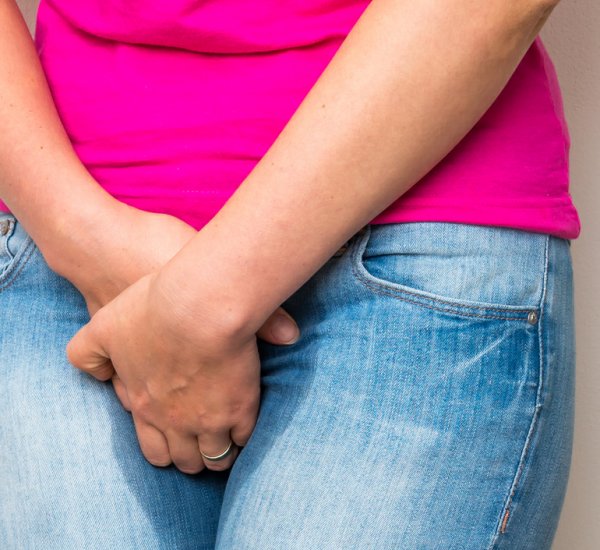 This may cause you to use the bathroom more often, which (understandably) may lead you to need more water than you usually do.
This may cause you to use the bathroom more often, which (understandably) may lead you to need more water than you usually do.
- An Increase in Hormones: During pregnancy, there is an increase in certain hormones that get released. Estrogen and progesterone play a role in your body’s hydration levels, and their secretion may explain the increase in thirst during pregnancy.
- Your Kidneys Are Working Overtime: Because you’re carrying a fetus, your kidneys are expelling more waste than usual, which means you’re losing more water and electrolytes than usual.
- You Feel Nauseous More Often: If you’re dealing with morning sickness, you may be experiencing vomiting—this is a very common way to rapidly lose a lot of water and electrolytes.
In addition, you may be eating a lot less food than usual. Because we get many of our electrolytes from food, you might be missing out on essential ones, which can trigger a thirst response.
However, if you’re experiencing excessive thirst that doesn’t seem to go away, it can be due to a serious condition. This can include:
- Gestational Diabetes: This is a condition in which your blood sugar levels go up during pregnancy. This condition can affect up to 10% of pregnancies each year. While this condition sometimes doesn’t cause any symptoms at all, increased thirst can definitely be a sign of it.
- HELLP Syndrome: This is an incredibly rare condition that’s caused when the liver produces excess enzymes while the red blood cells begin to break down. While many of the symptoms—such as nausea and fatigue—may be confused with the normal experience of pregnancy, excessive thirst may be the sign that tells you something is wrong.
Due to the potential for complications, it’s important to have your doctor evaluate you for health issues. So make sure to reach out to your doctor if your thirst doesn’t go away.
Is Thirst the Same as Dehydration?| Thirst is not the same thing as dehydration. When your body senses even a minor decrease in your total water supply, it sends signals to your brain to (a) find more water and (b) preserve the water you already have—through fluid retention. Thirst is usually the first signal you’ll feel when your fluid balance is off and should go away fairly quickly once you replenish your fluids. Dehydration is a bit different from thirst. While there’s no single clinical definition for dehydration, it’s what happens when your body loses more water and electrolytes than it replenishes. In mild cases, it’s enough to cause impairment in your regular functioning. In more severe cases, it can lead your vital organs to stop working and even cause death. | Hydrating Electrolyte Mix★★★★★ 1000+ reviews |
How do you know if you’re dehydrated? Well, aside from thirst, you may experience a loss of function in many parts of your body and brain. This can include brain fog, heart palpitations, extreme fatigue, and muscle spasms—amongst many others. While your doctor can diagnose you with dehydration, there’s a much easier way to check. If your urine is dark yellow or orange, you’re very likely dehydrated.
This can include brain fog, heart palpitations, extreme fatigue, and muscle spasms—amongst many others. While your doctor can diagnose you with dehydration, there’s a much easier way to check. If your urine is dark yellow or orange, you’re very likely dehydrated.
It’s super important to prevent excessive thirst from happening in the first place. For this reason, it’s important to drink the right amount of fluids for you. While the standard recommendation is eight glasses per day, you may need more. Listen to your body and give it all the fluids needed to prevent any feelings of thirst.
During pregnancy, it’s normal to feel nauseous from drinking plain water. Adding in an electrolyte supplement will not only replenish you with necessary minerals, but it can make water taste much better. Alternatively, you can up your intake of yummy fruits and veggies as a “cheat” for getting in more fluids.
Instead of drinking excessive amounts of water at certain points throughout the day, it’s a much better idea to sip on your beverages gradually.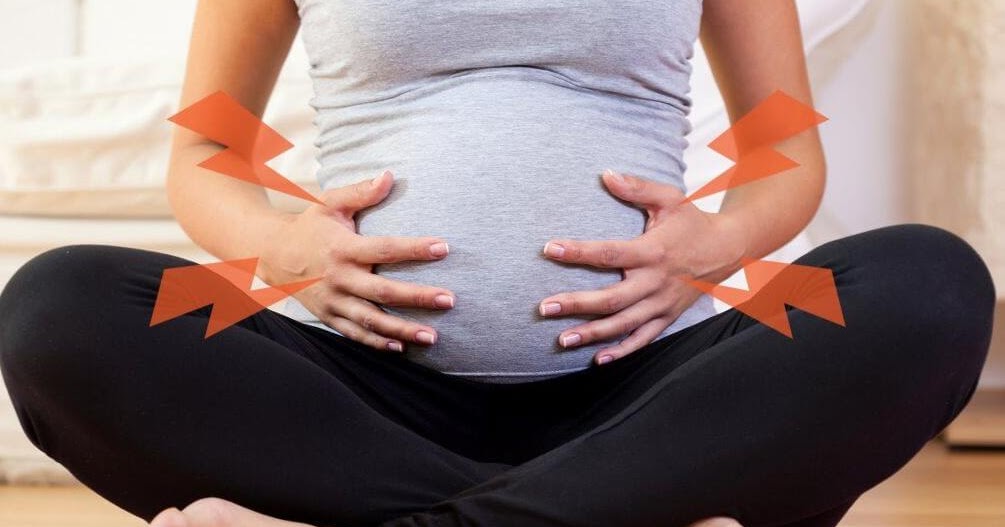 Too much water can make you feel uncomfortable—especially if you’re dealing with nausea. Instead, keep a large bottle of water nearby and sip on it every 20 minutes or so. If it helps, you can set reminders on your phone to make sure to drink when you need to.
Too much water can make you feel uncomfortable—especially if you’re dealing with nausea. Instead, keep a large bottle of water nearby and sip on it every 20 minutes or so. If it helps, you can set reminders on your phone to make sure to drink when you need to.
Aside from preventing dehydration, there are many benefits to staying well-hydrated in your pregnancy. These include:
- Reducing Your Risk of UTIs: During pregnancy, your risk of contracting a urinary tract infection goes up. While these can be easily treated with a round of antibiotics, it might be something you wish to avoid when pregnant. Staying hydrated is the best way to keep your urinary tract clear of bacteria that can lead to infection.
- Lowering Your Risk of Fatigue: Since you’re carrying a baby inside you, it’s totally understandable that you’d feel a bit more tired than usual. Keep your energy levels as high as possible by providing your body with the essential fluids and electrolytes it needs to keep your heart pumping efficiently and delivering oxygen to every part of your body.
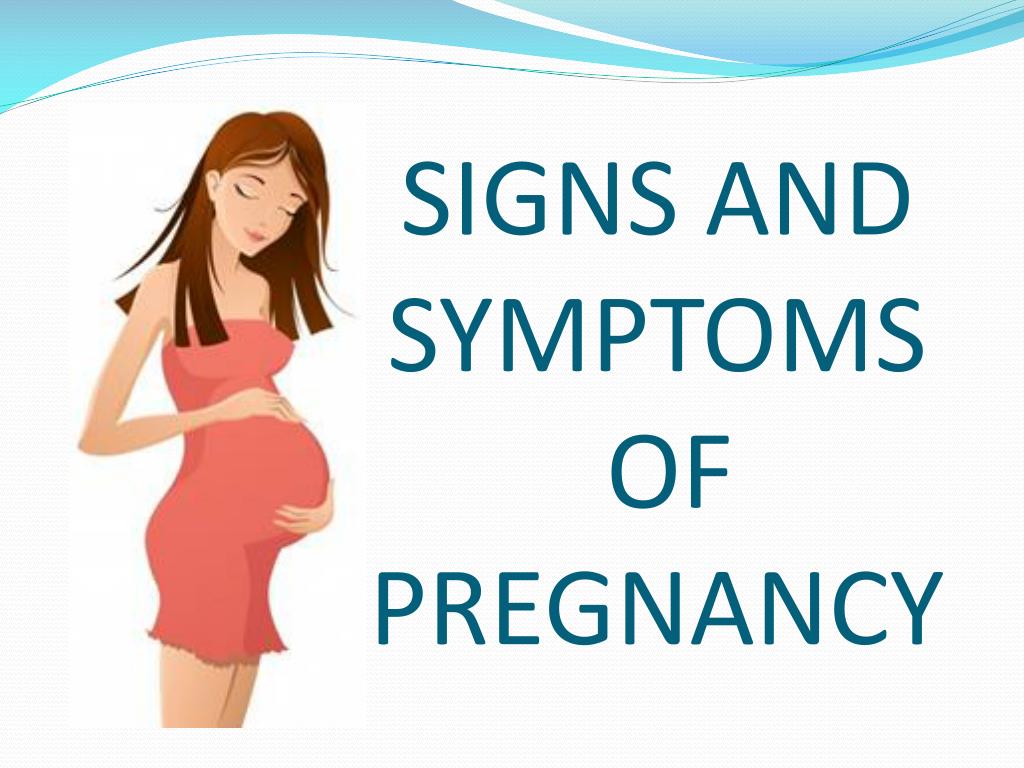
- Reducing Swelling: Not getting enough water can lead your body to retain fluids, which many women already experience during pregnancy. Up your intake of fluids to reduce the risk of swelling that can come with water retention.
- Making Your Skin More Elastic: Getting the proper amount of fluids helps your skin maintain its moisture. Not only will this keep dryness at bay, but it can actually make your skin more elastic—or, in other words, less likely to develop stretch marks.
- Improving Your Child’s Nutrition: Supplying your child with the proper amount of fluids and all the important vitamins and minerals they need is one of the best ways to ensure that they have all that’s necessary to grow and develop.
Hydrating Electrolyte Mix★★★★★ 1000+ reviews | Cure’s products are made with you and your child in mind. With a blend of sustainably-sourced coconut water powder and Himalayan pink salt, you can be sure that you’re getting the electrolytes you need for your body to function at its best. To make your water taste delicious, you can choose from many flavors, such as berry-pomegranate, grapefruit, watermelon, lemon, and ginger turmeric. With the variety of options available from Cure, you’ll no longer feel the need to force yourself to drink more water. Instead, getting in your water will be the sweetest part of your day. |
Sources:
Thirst | NCBI
Gestational Diabetes | CDC
Urinary Tract Infection In Pregnancy | NCBI Bookshelf
Thirst during early and late pregnancy:
Complain
Thirst during pregnancy: causes and useful tips
During pregnancy, women begin to take better care of themselves, more seriously assess their inner feelings.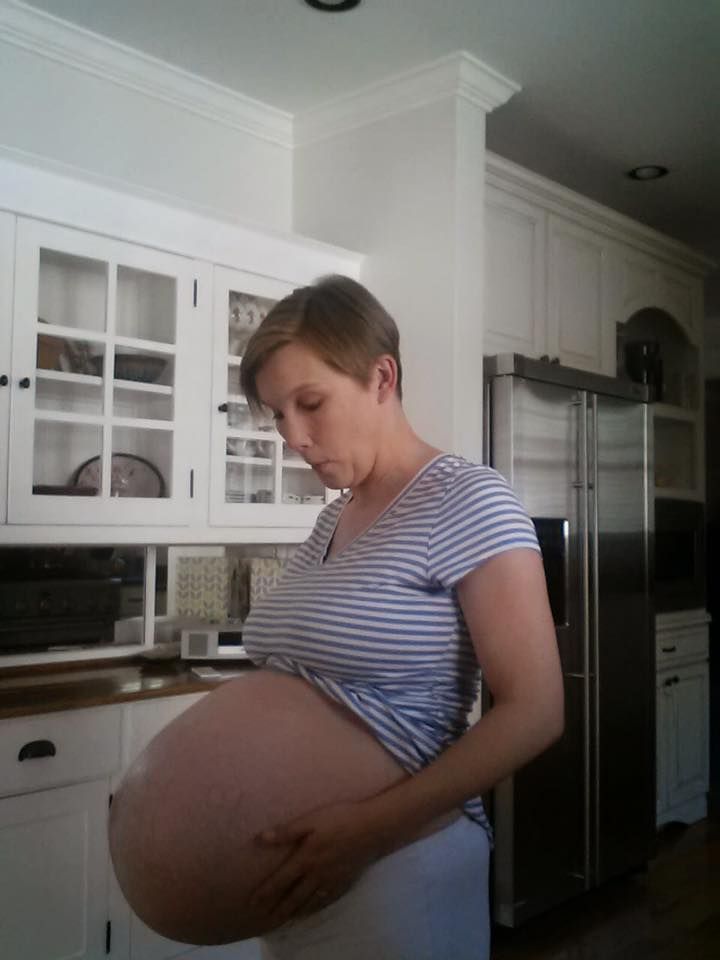 And even such a seemingly harmless thing as a strong thirst can scare them. In this article, we will consider whether thirst is so dangerous during pregnancy, and whether it can be a consequence or cause of some serious deviation in the development of the child.
And even such a seemingly harmless thing as a strong thirst can scare them. In this article, we will consider whether thirst is so dangerous during pregnancy, and whether it can be a consequence or cause of some serious deviation in the development of the child.
Contents of the article:
Why does thirst increase during pregnancy?
What can pregnant women drink?
Diet during pregnancy
Which mineral water can pregnant women drink?
If a woman's pregnancy proceeds perfectly well, then constant thirst during pregnancy is quite justified. If there is no swelling, and you feel fine, then you can not limit your fluid intake and drink as much as you want and the body requires. But at the same time, it is necessary to take into account which drinks pregnant women can drink and which ones cannot.
Why does thirst increase during pregnancy?
Some women think that thirst is a sign of pregnancy. But it is not so. Yes, strong thirst can be caused by the restructuring of the body and other reasons caused by pregnancy, but it should not be regarded as a sign of pregnancy.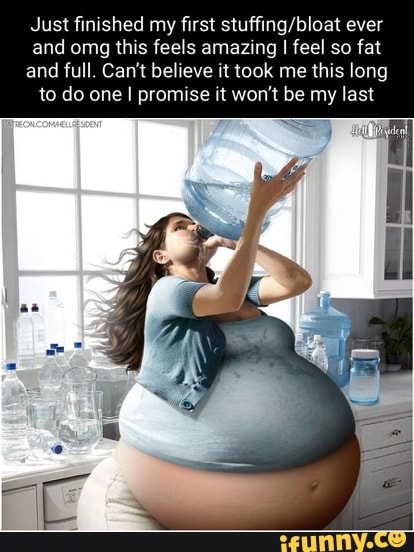 If a pregnant woman is very thirsty, this may be due to the following reasons:
If a pregnant woman is very thirsty, this may be due to the following reasons:
During pregnancy, a woman experiences great stress, because her body needs to maintain not only its metabolism, but also to provide for the needs of the child.
Also at this time there is an internal restructuring of the body. This increases the number and speed of chemical reactions taking place in the body, and, accordingly, the need for fluid.
In addition, during the normal course of pregnancy, the volume of amniotic fluid gradually increases, because of which a woman can also be tormented by intense thirst. Also, strong thirst in early pregnancy appears due to a change in the woman's taste preferences.
However, thirst may be a manifestation of some disease. If you suddenly have a strong thirst, this may be a sign of diabetes, as well as the presence of a microbial or viral disease, including various infections of the respiratory and urinary tract, gastrointestinal tract.
What can pregnant women drink?
It is best for a pregnant woman to drink mostly ordinary purified drinking water, herbal teas, fruit drinks, milk, fresh juices will also be useful. Sometimes you can drink coffee.
Even if you are very thirsty during pregnancy, it is strictly forbidden to drink Sprite, Coca-Cola and other carbonated drinks. They disrupt digestion, and also cause fermentation in the intestines, which increases the risk of uterine tone, and this can cause premature birth and miscarriage.
Also, you should not abuse strong black and green tea, coffee, because the use of these drinks can lead to increased pressure. And, of course, the use of alcoholic beverages is unacceptable.
Please note. Store-bought juices from bags should be consumed as little as possible. There is no benefit from them, since such juices are concentrates with sugar and preservatives.
During pregnancy, much attention is paid to herbal drinks and infusions. They contain many trace elements, vitamins, enzymes, and other substances useful for pregnant women.
They contain many trace elements, vitamins, enzymes, and other substances useful for pregnant women.
Please note. Even such a healthy drink should not be drunk all the time, even lingonberries and chamomile.
Compotes and fruit drinks can also be brewed. Such drinks are not only tasty, but also very healthy. Compotes are cooked for five minutes. If you want to cook dried fruit compote, then raisins should be boiled for 5 minutes, dried apricots and prunes - 10 minutes, and pears and apples - 30 minutes.
Diet during pregnancy
If you are thirsty during pregnancy, then first of all, you need to pay attention to the diet, and only then reduce the amount of fluid consumed. In addition, if the fluid in the body lingers, edema will form.
Spicy, salty and smoked foods should be limited as these foods will retain water in the body.
Doctors recommend that pregnant women consume more cabbage in any form: fresh, stewed, boiled. Cabbage contains a lot of potassium, which helps to remove excess fluid from the body. Potassium is also found in potatoes, zucchini, apples, cucumbers, apricots.
Please note. Potassium is also found in tomatoes, but this product in the diet of a pregnant woman should be limited, since tomatoes contain a lot of salt.
Sweets should also be limited, as they will increase the thirst during pregnancy.
Which mineral water can pregnant women drink?
Pregnant women should drink mineral water with caution. Healing mineral waters, such as Borjomi or Essentuki, it is better not to drink. For a pregnant woman, table mineral water with a low degree of mineralization would be ideal, since such water contains few salts, no heavy metals, active chlorine and other harmful impurities.
Please note. Before buying and drinking mineral water, you should carefully study the label. Artificially mineralized water should not be bought.
In the event that a woman suffers from intense thirst during pregnancy, it is best to consult a doctor. After the examination, the doctor will be able to give specific recommendations.
Rubric Water for newborns
450796Topical posts
what is the temperature in the ass
green apple juice for babies
Get to know and participate
Clubs on Baby.ru are a treasure trove of useful information
Bioinsurance is the most valuable gift for the birth of a child sick?
Strong thirst during pregnancy: drinking regimen, an appointment with a therapist
The first symptoms of pregnancy usually appear two to three weeks after conception. One of these symptoms is excessive thirst, which is usually the result of various changes in the body, including morning sickness and nausea with vomiting. But the expectant mother may experience severe thirst at other gestation periods, which requires an appointment with a therapist, identifying the causes of this and correcting the drinking regimen.
When do I need to make an appointment with a therapist?
From time to time, a woman may feel dry mouth and thirst, which is associated with the action of pregnancy hormones.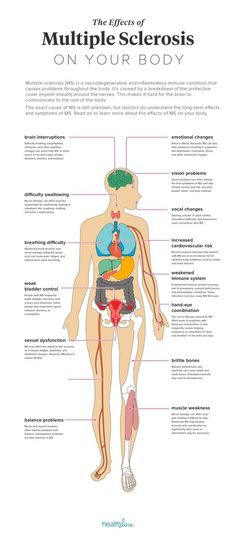 If she understands her body's needs and increases her fluid intake accordingly, then nothing needs to be done. An appointment with a general practitioner is needed for excessive thirst during pregnancy, which leads to serious problems. It is important to consult a doctor by phone if the expectant mother drinks a lot of water, 30-40% more than usual, while not passing more urine. In addition, an appointment with a therapist is needed if additional symptoms also occur:
If she understands her body's needs and increases her fluid intake accordingly, then nothing needs to be done. An appointment with a general practitioner is needed for excessive thirst during pregnancy, which leads to serious problems. It is important to consult a doctor by phone if the expectant mother drinks a lot of water, 30-40% more than usual, while not passing more urine. In addition, an appointment with a therapist is needed if additional symptoms also occur:
- Persistent dry mouth and throat;
- Edema in hands and feet;
- Frequent urination;
- Fatigue constant weakness;
- Visual disturbances and dizziness.
If these or any other symptoms appear, accompanied by an increase in fluid intake beyond measure, an appointment with a general practitioner and a complete examination is important to rule out serious health problems.
Intense thirst and toxicosis, nausea
It is quite normal to feel very thirsty during pregnancy, especially in the first trimester when morning sickness occurs.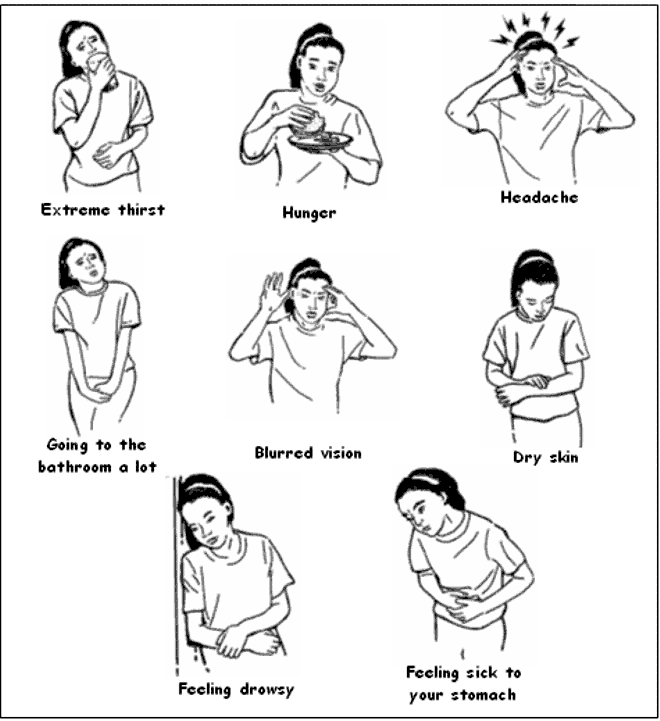 This is due to the formation of nausea and vomiting, loss of fluid and salts that need to be replenished. In addition, nausea often increases against the background of dehydration associated with increased urination under the action of the hormone progesterone.
This is due to the formation of nausea and vomiting, loss of fluid and salts that need to be replenished. In addition, nausea often increases against the background of dehydration associated with increased urination under the action of the hormone progesterone.
Some women may experience nausea and a desire to drink more water even in the second and third trimesters. This may be associated with various pathologies, including preeclampsia and diabetes mellitus. Sometimes a mother-to-be may feel thirsty even after drinking enough water, which can make her wonder if everything is in order with the body.
What are the causes of excessive thirst during pregnancy?
One of the main reasons for feeling very thirsty is the lack of water in the body, dehydration of the body. Other reasons for this could be:
- Increased need for fluid. Adults need 1 to 1.5 ml of water for every calorie taken. But when pregnancy develops, since calorie intake increases by about 300 kcal, water intake should also increase by at least 300-500 milliliters.
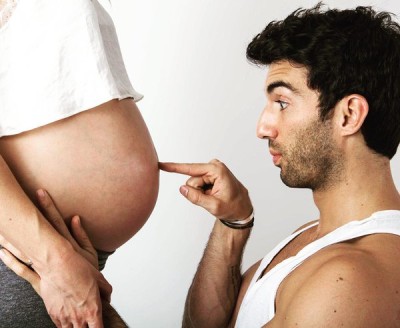 When the recommended daily amount of water is not drunk, the mother-to-be becomes extremely thirsty.
When the recommended daily amount of water is not drunk, the mother-to-be becomes extremely thirsty. - Extra blood volume. During pregnancy, the volume of circulating blood increases to meet the oxygen needs of the baby. Additional plasma volume requires additional water consumption. Therefore, even if the mother drinks more water, it is used up in the formation of blood, and the woman becomes thirsty.
- Creation of new cells and tissues. Liquids don't just quench your thirst. Pregnant women need water to build new cells and tissues to support digestion, excrete waste materials, transport nutrients, and form amniotic fluid. The water that the mother-to-be drinks is used for all this, so thirst arises.
Other problems of the future mother
Thirst can be caused by frequent urination. From the second trimester, the fetus begins to grow, and the uterus expands. The pressure on the bladder causes the woman to urinate frequently, resulting in water loss and thirst. This can also happen in the case of gestational diabetes.
This can also happen in the case of gestational diabetes.
Low blood pressure can make you thirsty. If pregnancy results in low blood pressure, the mother may become very thirsty and dehydrated. If she does not drink enough water, dizziness may occur.
Diabetes insipidus is one of the rare conditions that causes excessive thirst along with polyuria during pregnancy.
In addition to the above, the mother's consumption of salty and spicy foods can cause extreme thirst. In addition, if a woman drinks a lot of caffeinated drinks, she also feels dehydrated, dry mouth and thirsty.
Correction of the drinking regime of a pregnant woman
In addition to correcting your drinking regimen and increasing fluid intake, there are a number of steps you can take to manage excessive thirst during pregnancy.
- Eat more fruits and vegetables. This will not only increase the fluid content in the body, but also help meet nutritional, vitamin, and mineral needs.
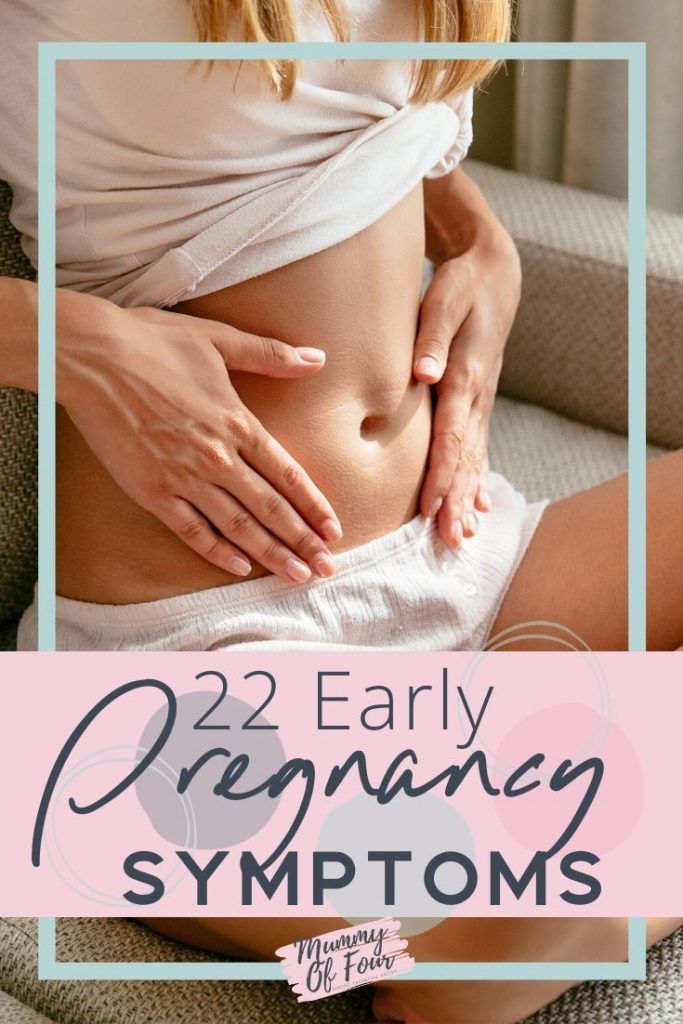
- Drinking regimen includes the intake of fruit juices and milk to meet the body's need for fluid.
- Limit your intake of salty or spicy foods, and reduce your intake of soda or caffeinated drinks for a safe and healthy pregnancy.
- Always carry a bottle of water with you, whether the woman is indoors or outdoors.
- Drinking Lemonade also helps meet the fluid needs of the body during pregnancy. In summer, you can use flavored ice to quench your thirst.
When adjusting the drinking regimen, you can use a bottle of water with measured divisions. This helps regulate fluid intake and prevents you from drinking more water than you need.
When does thirst become a cause for concern?
Throughout pregnancy, it is important to monitor your symptoms and understand the needs of your own body. This will help assess when an appointment with a therapist and examination is needed. The expectant mother should consult a doctor:
- When excess body water is lost through frequent urination.
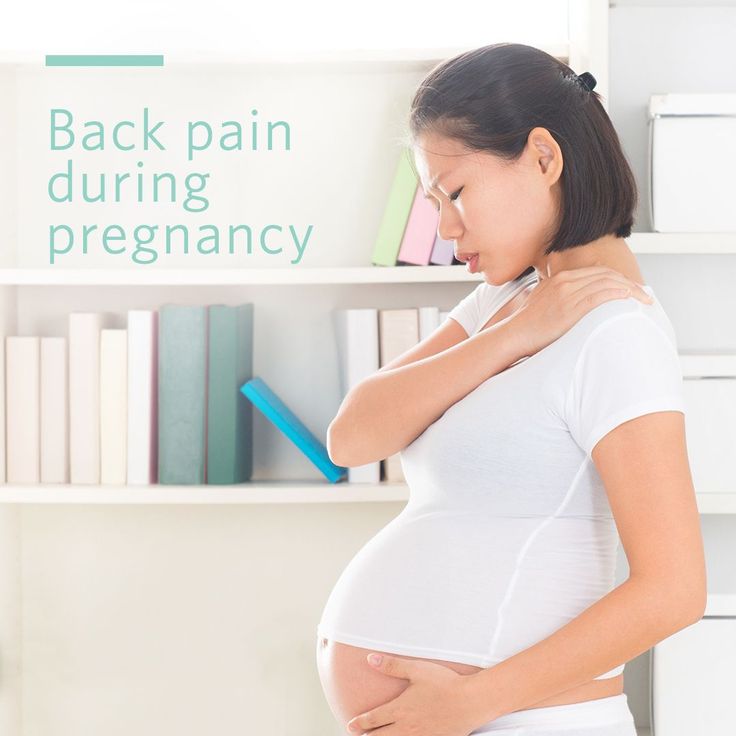
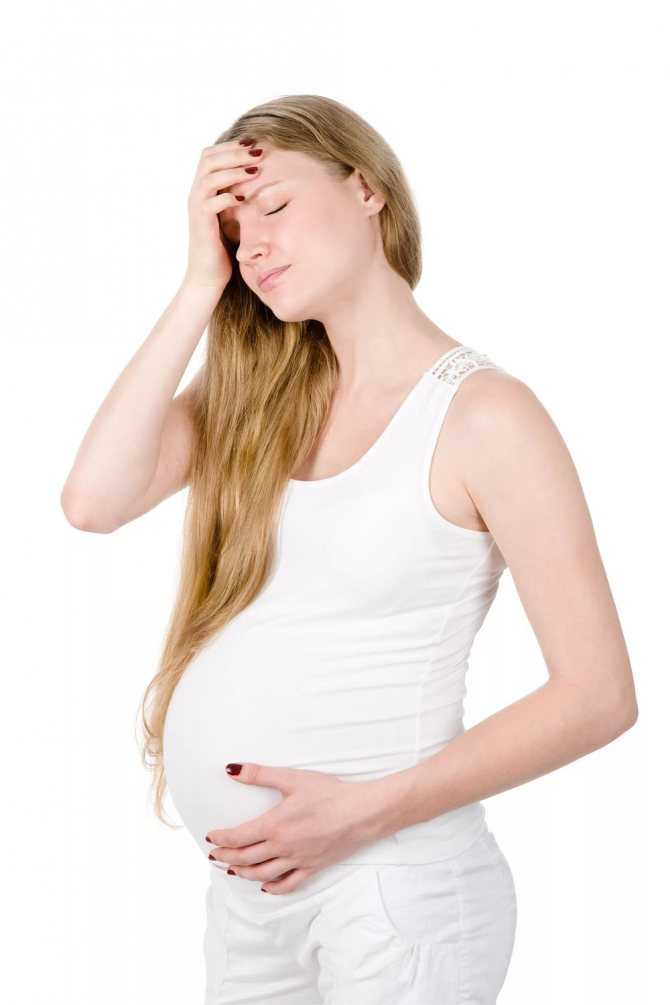
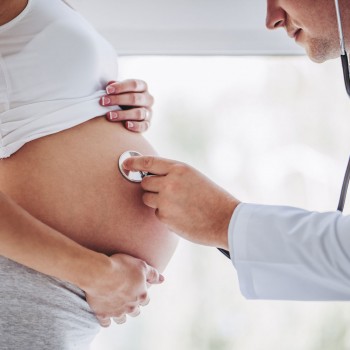 While dehydration is something that needs to be addressed right away—especially during pregnancy—thirst is just your body’s normal response to needing more water or electrolytes (or both).
While dehydration is something that needs to be addressed right away—especially during pregnancy—thirst is just your body’s normal response to needing more water or electrolytes (or both). 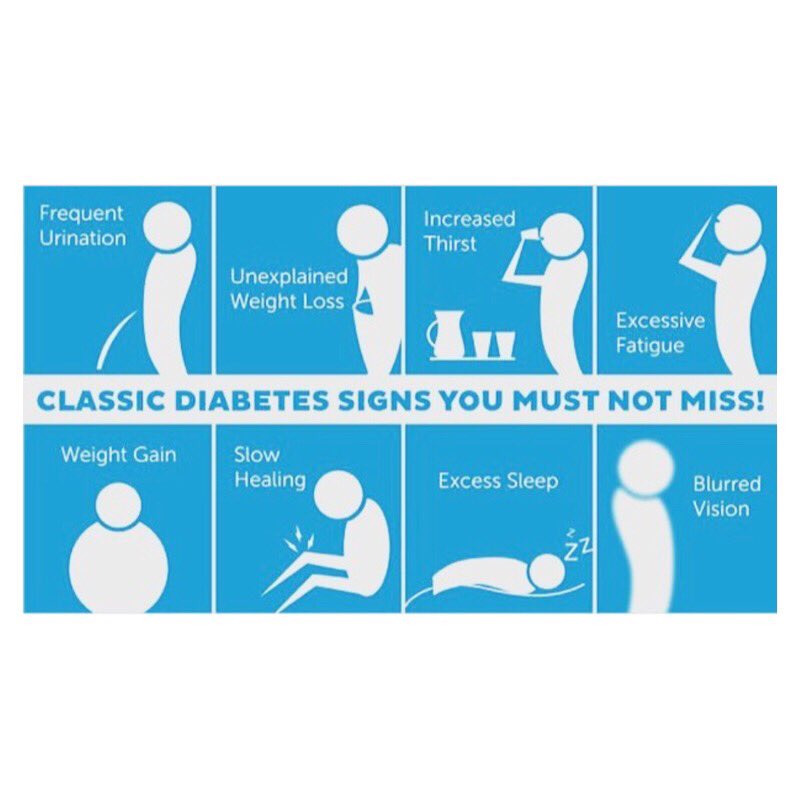 Because we’re committed to your wellness, we use only plant-based and sustainable ingredients. Nothing synthetic or artificial—ever!
Because we’re committed to your wellness, we use only plant-based and sustainable ingredients. Nothing synthetic or artificial—ever!


